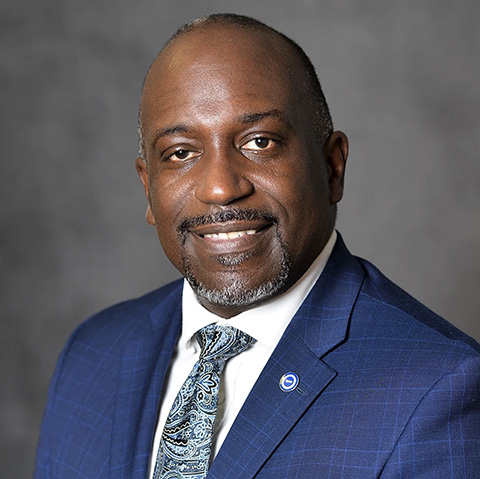MDAH Announces Mississippi Historic Site Preservation Grants
The Mississippi Department of Archives and History (MDAH) Board of Trustees awarded $753,150 in Mississippi Historic Site Preservation Grant (MHSPG) funding to American Battlefield Trust and Gulf Coast Housing Partnership for preservation projects during a regular meeting of the board on January 19.
American Battlefield Trust was awarded grant funding for preservation work at 15 tracts of land inside Civil War battlefields that include:
Chickasaw Bayou Battlefield, Warren County, $359,650;
There are 12 tracts of land inside the Chickasaw Bayou battlefield: DeFrance Tract, M. Sanderford Tract, D. Sanderford Tract, Uzzle Tract, Hill Tract, Hedrick Tract, J. Nevels Tract, Kitchens Tract, M. Uzzle Tract, Barnes Tract, Pace Tract, and Whiting Tract.
Chickasaw Bayou is heavily threatened by development and has an extremely low percentage of preserved land within its core area. The majority of the land has been built over and will be subject to day-of restoration, ultimately being stewarded by the Friends of Vicksburg National Military Park and Campaign.
Iuka Battlefield, Tishomingo County, $42,500;
The Lomenick tract is within the Iuka battlefield. The property is unimproved and sits within the Iuka city limits.
Champion Hill Battlefield, Hinds County, $207,500;
Preservation work will begin when the Ratliff tract is transferred to the National Park Service.
Corinth Battlefield, Alcorn County, $11,435;
The Emmons tract is within the Corinth battlefield. It is entirely unimproved and is likely to be developed in the next five years if not preserved. The property is just outside the borders of the Corinth Unit of Shiloh National Military Park.
Gulf Coast Housing Partnership was awarded $125,000 in grant funding for preservation work at Leonard Court in the city of Jackson of Hinds County. The historic location on North Mill Street comprises 60 houses and one corner store. The area lies within the Farish Street National Register Historic District. The district was an important center of culture, Black economic empowerment, as well an incubator for community organizing during the Civil Rights Movement.
The Mississippi Legislature created the MHSPG program in 2021 to fund acquisition of sites related to Civil War battles, Native American archaeology, and civil rights history. These funds will allow endangered and significant properties to be preserved.
“This program builds upon our role in preservation by assisting our partners with the acquisition of significant historic properties,” said Barry White, MDAH historic preservation director. “These grants elevate Mississippi’s capability to preserve the historic integrity of these properties, tell their broader stories, and attract new visitors.”
Funds in the MHSPG program are used to defray costs for land acquisition to protect historic properties. A one-to-one match is required.
A receiving property may have significance in more than one area, such as a battlefield with a recorded archaeological site within its boundaries, which will be taken into consideration in scoring applications. In addition, the property must have been previously recognized as significant. It must be individually listed in the National Register of Historic Places, listed in the 1993 Civil War Sites Advisory Commission Report on the Nation’s Civil War Battlefields, or identified as nationally significant in a National Park Service Special Resource Study.
For more information about the MHSPG program, contact 601-576-6850 or email hsmith@mdah.ms.gov.


